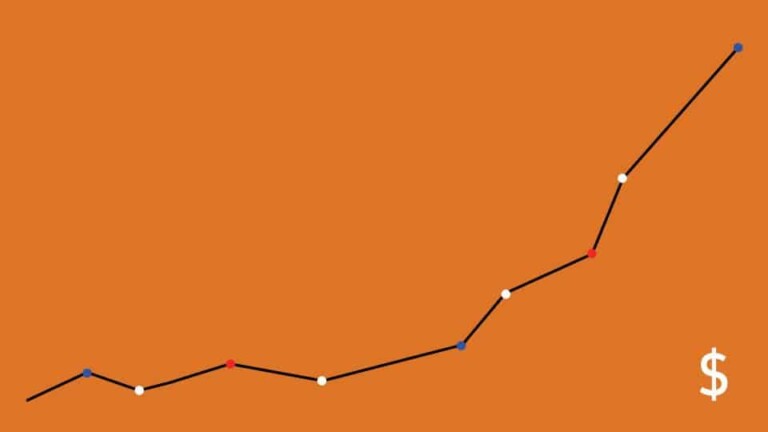
The five major newspapers that published the famous Cablegate documents leaked from the U.S. State Department — The Guardian, The New York Times, Der Spiegel, Le Monde, and El Pais — are now capitalizing on their success big time, with lectures and even interview tours led by the papers’ top editors, which have become so popular as to create queues and fill venues. These papers are a confederation of the most famous and noble names in traditional journalism, a constellation of veritable stars of the standard press. Yet the relationship of these Cablegate newspapers with WikiLeaks could not be more contentious.
The New York Times published a front-page profile of Julian Assange in which it informed its readers that the Australian smelled bad, because he showers infrequently. The Guardian colored its own picture of the publishing debacle with stories about Assange going out in public dressed in women’s clothing to avoid being allegedly followed. And perhaps most painful of all? despite having covered with evident glee Assange’s legal problems in Sweden and the sexual offense accusations against him, not one member of the traditional 'Dream Team' press has come to his rescue, despite the irrefutable suspicions that the legal case may just be an attempt to silence and break Assange’s organization. After receiving his leaked reports, these newspapers have done nothing to help Assange and WikiLeaks, and in fact have sided with his enemies. Their position is not as strange as it may seem, yet it’s deeply symbolic. Because in the end, WikiLeaks and Cablegate reflect a deep fracture in the traditional press model upheld and symbolized by these newspapers. Assange and his group are a symptom of the illness that is killing the traditional press. And they are lashing out.
The disease is called loss of control, and it’s affecting the important role of intermediary long held by the traditional press in the information market. Since the advent of the Internet and the almost complete freedom to publish that it embodies, these media stalwarts have lost their positions as mediators, a role which has historically given them power and money. The strong structural control over the information flow enjoyed by the press
as an industry, and by journalism as a profession, has vanished. Many industry veterans are concerned that their companies and employees will be unable to survive economically under these circumstances. As Frank Herbert says in his Dune series, fear is the mind-killer.
This could explain then the contentious relationship between the press and WikiLeaks, as well as the abdication of some of its most cherished principles in the process. Because throughout Cablegate, the most prominent press outlets have publicly mistreated, in the most wounding way, what they consider a source. The same press that is willing to go to jail to protect its sources has devoted itself to publicly lynching one of them.
In the introduction of the book recently published by The New York Times about its relationship with WikiLeaks, Bill Keller, the executive editor of the paper, repeatedly claims that he always considered and treated Assange as a source, not a colleague. The editors of The Guardian also claim the same thing in their own book. Both stress that Assange has his own agenda and views, and is therefore not an 'impartial' journalist. But neither The Washington Post nor The New York Times itself ever ran a cover profile of Deep Throat or Daniel Ellsberg as damaging as the one they did on Assange.
The traditional press, particularly The New York Times and The Guardian, not only mistreated their sources, they also violated a basic tenet of journalism by distorting their relations with WikiLeaks in order to tell their version of the story. A story in which these two great newspapers strategically forget to mention that they tried to betray both WikiLeaks and all the other newspapers that were preparing to publish the story, as Der Spiegel noted in its reporting.
The discomfort felt by mainstream media regarding the Internet in general, and sites like WikiLeaks in particular, is quite evident and has led the press to violate even their own beloved standards. Their panic at losing control of the medium has led some journalists to lose their touch. And yet the future of the news profession and the news industry depends on a key question that is not being asked enough: Why did whoever leaked the documents (Bradley Manning, a U.S. soldier, has been accused of it but his culpability has yet to be proved) choose to give them to WikiLeaks instead of The New York Times? Of course, if the way The New York Times and The Guardian treat their sources is the same as the treatment bestowed on Assange, then it’s no wonder. What would be strange is if – from now on – any source would be willing to work with intermediaries who treat them this badly.







